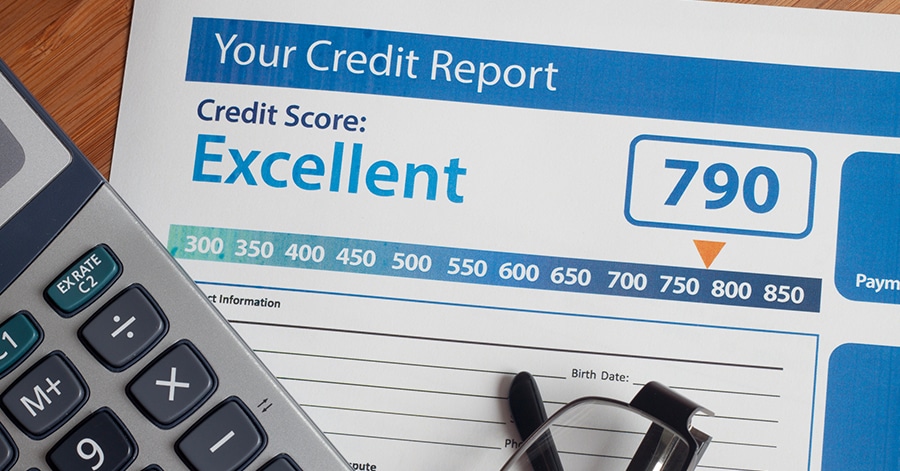How Does Credit History Affect Your Insurance Premiums?

When you shop for insurance, do you think of how your credit scores might affect your premiums? It’s probably not the first thing you think of because the two do not seem related. They are in a way, though.
[sc_content_link label=”Get today’s insurance rates.” cat=”auto”]
Many insurance companies pull your credit because it helps them determine the risk you pose. Insurance companies aren’t worried about you not paying your premiums – they’ll just cancel your policy if you don’t pay. What they are more concerned about is how likely you are to file a claim. If you file a claim, it hurts the insurance company because they have to pay out. If you are a high-risk of filing a claim, you will probably pay higher insurance premiums.
What’s the Role of Your Credit Score?
Insurance companies don’t take your credit score and then determine your premium. Instead, they look at your credit history. They want to know the following:
- Your pattern of paying bills – Do you pay your bills on time?
- How long is your credit history?
- How much of your available credit do you have outstanding?
- Do you have collections?
- Are there a lot of recent inquiries?
The insurance company then uses these factors to determine your riskiness. If you pay your bills late, have a lot of outstanding credit, and have multiple collection accounts, you may be seen as ‘irresponsible.’ This may not affect the way you drive or the way you care for your home, but it’s the feeling the insurance company gets. Chances are that you will pay a higher premium if your situation looks like that.
[sc_content_link label=”Shop and compare insurance quotes.” cat=”auto”]
If, on the other hand, you pay your bills on time, you don’t have any collections, you barely charge your credit cards, and you have a long credit history, you may get lower premiums because you look as if you are a lower risk.
Other Factors That Play a Role
Your credit score/credit history aren’t the only factors that play a role here. Insurance companies will also look at your insurance history. Do you file a lot of claims? Do you have a bad driving record? Is your home located in a high-risk area? These factors play a role in how the insurance company determines your premium.
The insurance company puts all of the factors together to determine the premiums you will pay. The higher risk you pose for the insurance company, the higher the premiums you will pay. If you are a pretty low-risk type consumer, though, you may enjoy those low premiums.
When you apply for insurance, no matter the type, you should give your credit report a once over. Look to see if you have any negative information on there that you can fix. For example, if you have late payments, bring them current. If you overextended your credit, pay some of it off and don’t use your credit cards again.
The less risk you show an insurance company, the less they will charge you for premiums. You can then save that money for the deductibles you will face should you have to file a claim in the future.
[sc_content_link label=”Get the right insurance coverage.” cat=”auto”]
